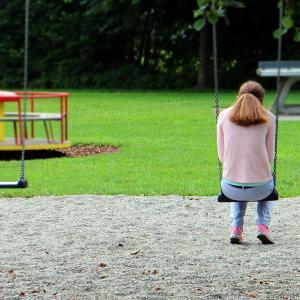Study Shows That A Single Protein Can Turn Cortisol Production On And Off
Published in the journal Neuron, research suggests that there may be a single protein that can turn cortisol production on and off, one of only a very few chemical processes in the human brain where one protein can cause opposite effects.
Called Otp, the protein is involved in the production of corticotropin-releasing hormone (CRH), which in turn triggers the release of the stress hormone cortisol from the adrenal glands. Researchers found that in addition to directly activating CRH-producing genes, Otp can signal the manufacture of two kinds of receptors on the neurons involved in the CRH production process.
Unusually, the two receptor sub-types encoded by Otp are present in a single gene. Using a process called alternative splicing, Otp can cause the gene to produce a short version of the PAC1 receptor, which turns the CRH production "on", and a long version, which turns it off. Alternative splicing allows for the selective "cutting and pasting" of different genetic sequences to make a number of different genetic products.
Furthermore, in trials with zebrafish, the researchers discovered that the ratio of long, "off" receptors to short, "on" receptors increased as time passed after a stressful event, suggesting that not only do cortisol levels themselves return to normal, but the body also becomes more reluctant to produce more the longer it has been since some stimulus triggered a fear response.
In addition to chronic stress disorders, the PAC1 receptor has been found to be involved in post-traumatic stress disorder, depression and schizophrenia.
Source: Weizmann Institute of Science
Photo: Pexels






